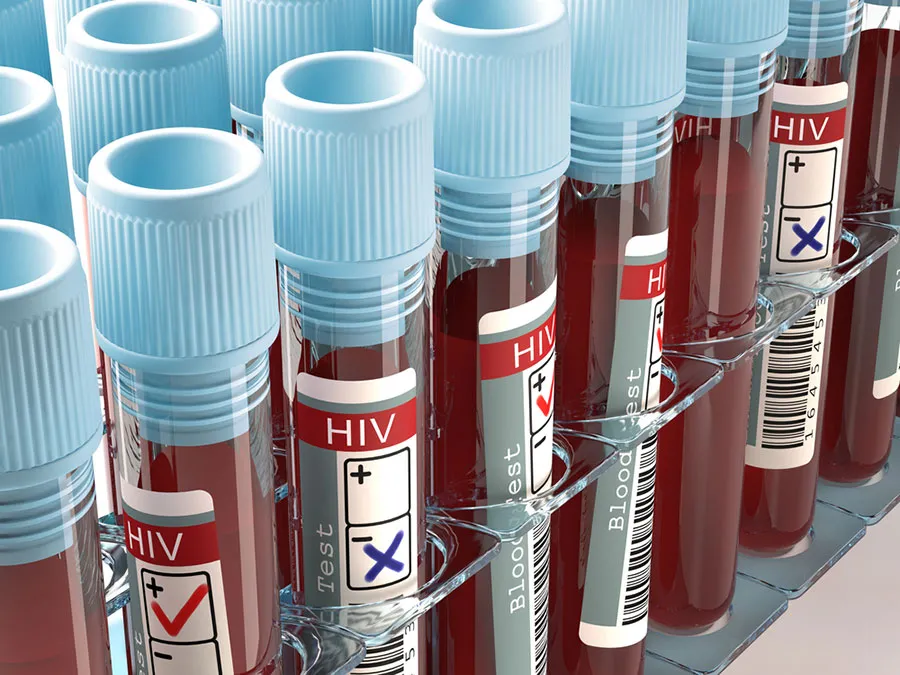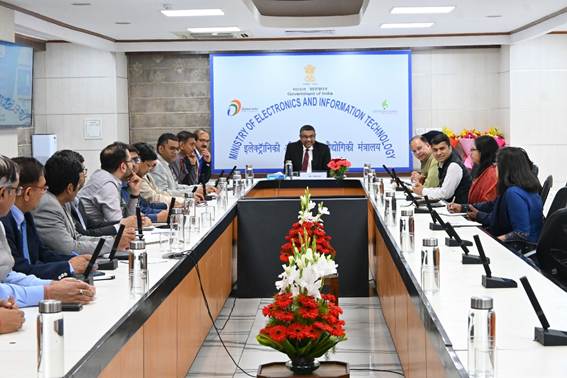A sharp decline in international funding for HIV prevention and treatment could result in more than 10 million new infections and approximately 3 million deaths by 2030, according to a study published in The Lancet HIV journal on Thursday.
Conducted by researchers at the Burnet Institute in Melbourne, the study models the potential impact of a projected 24 percent reduction in global HIV funding by 2026. The cuts follow announced reductions in aid from key donor nations, including the US, Britain, France, Germany, and the Netherlands. These five countries collectively provide more than 90 percent of international HIV assistance.
Researchers estimate that if these proposed funding cuts are not reversed, an additional 4.4 to 10.8 million new HIV infections and 770,000 to 2.9 million HIV-related deaths could occur between 2025 and 2030. The study highlights the US as the largest contributor to global HIV efforts, noting that all funding was halted on January 20 following the swearing-in of President Donald Trump.
The withdrawal of the President’s Emergency Plan for AIDS Relief (PEPFAR), combined with other funding reductions, threatens to reverse progress in the global fight against HIV/AIDS, the study warned. Co-lead author Dr. Debra ten Brink of the Burnet Institute emphasized that US funding cuts have already disrupted access to essential HIV services, including antiretroviral therapy, prevention programs, and testing. The situation could deteriorate further if other donor nations follow suit, potentially undoing decades of progress.
The study identified sub-Saharan Africa as the most vulnerable region, along with marginalized groups at higher risk of HIV, including people who inject drugs, sex workers, men who have sex with men, and children. Co-author Dr. Rowan Martin-Hughes noted that beyond limiting testing and treatment programs, funding reductions would also curtail broader prevention efforts, such as condom distribution and access to pre-exposure prophylaxis (PrEP), a medication that reduces the risk of HIV transmission.
Dr. Brink stressed the urgent need for sustainable financing to prevent a resurgence of the HIV epidemic, warning that the consequences could be devastating not only for sub-Saharan Africa but also on a global scale.
-IANS




















